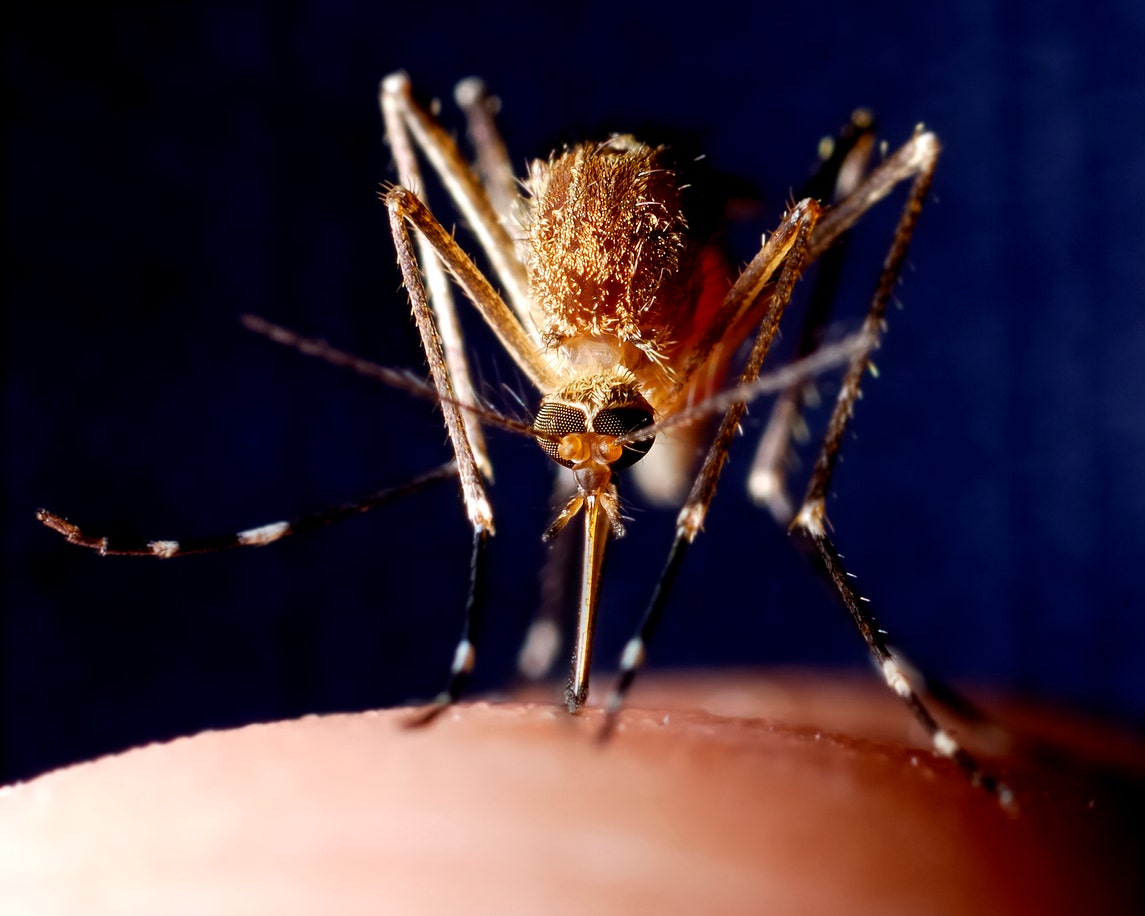Link Between Bad Oral Hygiene And Heart Problems

Last Updated:July 24, 2025, 18:49 IST
Poor oral hygiene can silently increase your risk of heart disease, making regular dental care essential for overall well-being.
Recent research even suggests a significant connection between gum disease and heart palpitations
Our mouth is the window to our entire body. Many people are unaware that several diseases first manifest signs and symptoms in the mouth, which can be easily diagnosed and treated if evaluated in time. Symptoms such as ulcers, bleeding gums, sores, swelling, lesions, or bumps may indicate a deeper underlying condition. Detecting these signs can play a vital role in diagnosing various systemic health concerns.
Compromised oral health and gum disease lead to bacterial growth in the mouth. These bacteria can enter the bloodstream and travel to other parts of the body, potentially triggering serious systemic issues. Poor oral health conditions—such as tooth infections, cavities, swollen or bleeding gums, periodontal disease, bone loss, dry mouth, or changes in tongue appearance—have been linked to various forms of cardiovascular disease. Dr. Shilpi Behl, BDS BSOM (UK), HNODS (UK), Director, Senior Dentist & Facial Aesthetics Specialist, shares all you need to know:
Recent research even suggests a significant connection between gum disease and heart palpitations. In fact, individuals with gum disease are 28% more likely to suffer a heart attack. Inflammation caused by oral bacteria can also lead to infections of the heart lining, a condition known as endocarditis, and may increase the risk of stroke in adults. Furthermore, tooth decay and oral infections during childhood can contribute to clogged arteries later in life.
By being proactive and maintaining simple oral hygiene practices—such as proper brushing and flossing (especially night-time brushing), and regular dental checkups—one can significantly protect their overall health.
Certain oral care habits are non-negotiable. Brushing your teeth twice daily is as essential as eating food to stay alive! Maintaining oral hygiene also includes consuming foods rich in calcium and vitamin D. Most importantly, visiting your dentist every three months for a routine checkup should be a top priority. This can help prevent decay and oral infections, which in turn supports long-term health and well-being.

Swati Chaturvedi, a seasoned media and journalism aficionado with over 10 years of expertise, is not just a storyteller; she’s a weaver of wit and wisdom in the digital landscape. As a key figure in News18 Engl…Read More
Swati Chaturvedi, a seasoned media and journalism aficionado with over 10 years of expertise, is not just a storyteller; she’s a weaver of wit and wisdom in the digital landscape. As a key figure in News18 Engl… Read More
view comments
- First Published:
[title_words_as_hashtags




